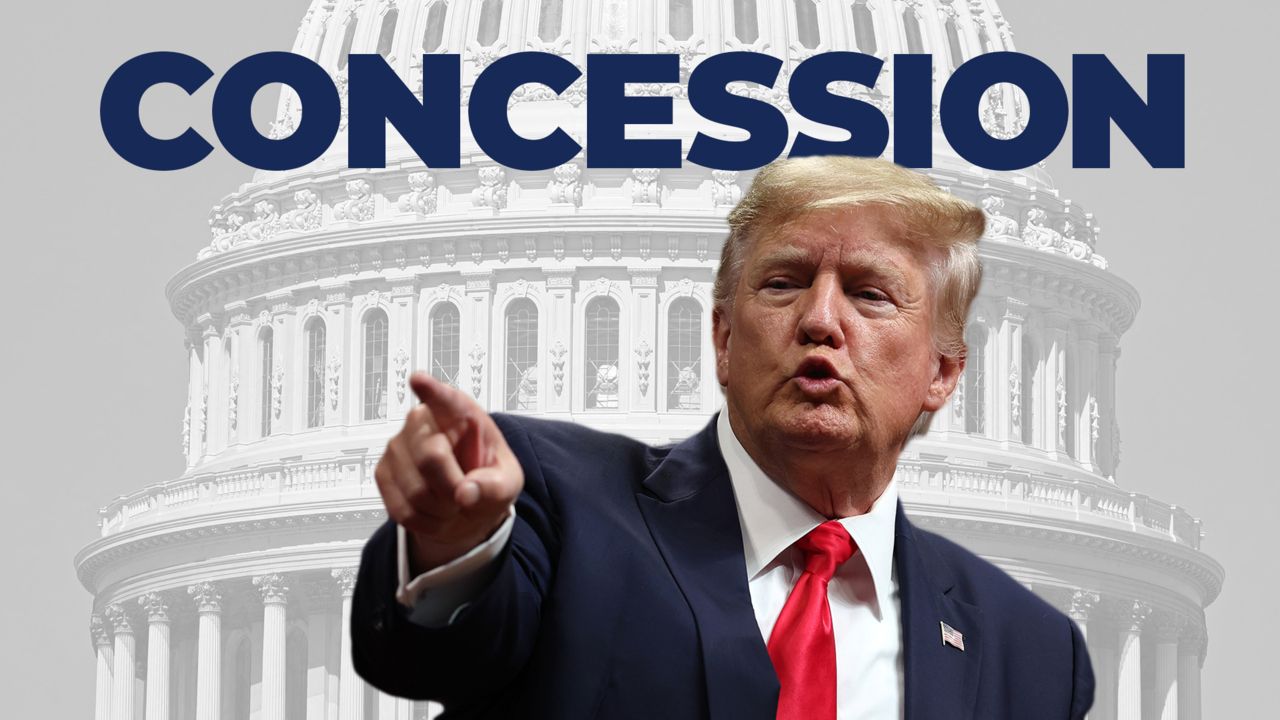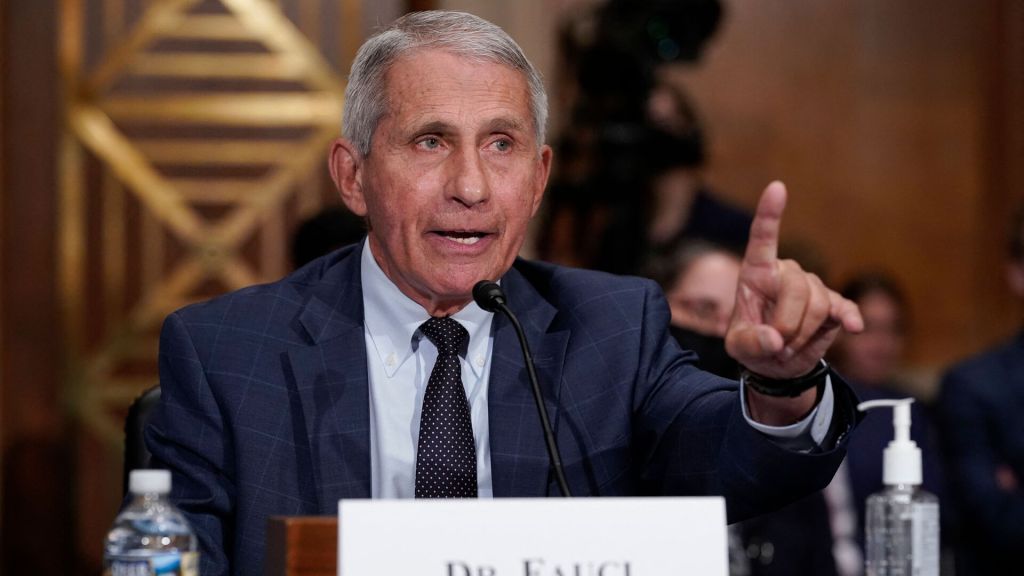
SHANNON LONGWORTH: RECENTLY, WE’VE SEEN A SLEW OF LOSING CANDIDATES EITHER WAIT OR COMPLETELY REFUSE TO CONCEDE THEIR ELECTIONS.
IT’S HAPPENED EVEN WHEN THEY LOST BY A LOT.
KANDISS TAYLOR: “I WANTED YA’LL TO KNOW THAT I DO NOT CONCEDE. I DO NOT. AND IF THE PEOPLE WHO DID THIS AND CHEATED ARE WATCHING–I DO NOT CONCEDE.”
KANDISS TAYLOR ONLY WON 3.4% OF THE VOTE WHILE RUNNING FOR THE GOP GUBERNATORIAL NOMINATION IN GEORGIA.
SO, WHAT HAPPENED? AND WHAT’S THE SIGNIFICANCE OF CONCEDING AN ELECTION?
I ASKED AN EXPERT JAMES MCCANN– POLITICAL SCIENCE PROFESSOR AT PURDUE UNIVERSITY.
HE SAYS THE TRADITION DATES BACK TO OUR EARLY DAYS OF DEMOCRACY…AND GEORGE WASHINGTON.
JAMES MCCANN: “NOW, HE DID NOT LOSE THE ELECTION, HE DECIDED NOT TO RUN AFTER HIS SECOND TERM. BUT THE FACT THAT HE WAS SO READILY ABLE TO LET GO, IN A SENSE OF PUBLIC SPIRITEDNESS, REALLY SET THE TONE FOR CONCESSIONS.”
LONGWORTH: CONCESSIONS WOULD BECOME—NOT A LAW—BUT A TRADITION.
THERE ARE A FEW REASONS FOR THAT, MCCANN EXPLAINS.
FIRST, IT’S BENEFICIAL TO THE CANDIDATES, CONSIDERING MOST OF THEM WILL LOSE.
MCCANN: “FROM THE STANDPOINT OF THE OFFICE SEEKER, IF THIS IS NOT YOUR YEAR, IT MAKES SENSE TO TRY ANOTHER VENUE.”
LONGWORTH: FOR EXAMPLE, IF YOU LOSE A CONGRESSIONAL RACE, MAYBE YOU MOVE ON TO A STATE RACE AND BREAK IN THAT WAY.
MCCANN: “ALSO, YOU CAN SCORE POINTS, YOU KNOW, BY BEING VERY GRACIOUS IN YOUR CONCESSION, BECAUSE CONCESSIONS HELPED BUILD DEMOCRATIC LEGITIMACY.”
LONGWORTH: A WINNER’S LEGITIMACY IS, OF COURSE, QUESTIONED WHEN THE OTHER CANDIDATE DOES NOT ACKNOWLEDGE THEIR LOSS.
WE SAW PRESIDENT JOE BIDEN’S LEGITIMACY SUFFER AMONG MUCH OF THE POPULATION WHILE FORMER PRESIDENT TRUMP REJECTED THE RESULTS OF THE RACE.
MCCANN: “AND SO PRESIDENT TRUMP BY NOT CONCEDING, AND ACTUALLY, YOU KNOW, UNDERMINING THE ENTIRE ELECTORAL PROCESS, HAS DONE SOME DAMAGE TO THAT NORM.”
LONGWORTH: THE NORM OF CONCEDING ELECTIONS SUPPORTS THE POLITICAL SYSTEM BY DISTINGUISHING BETWEEN THE CAMPAIGN AND GOVERNING PERIODS.
WHEN THE WINNER MAKES IT TO THE GOVERNING PERIOD, THEY NEED TO CREATE POLICY.
MCCANN: “YOU KNOW, LAWS DEPEND ON LEGITIMACY, POLICIES DEPEND ON LEGITIMACY, OTHERWISE, THEY WON’T BE FOLLOWED, AND SO A CONCESSION BY THE LOSING CANDIDATE AND THE LOSING PARTY–THAT CAN HELP FOSTER LEGITIMACY.”
LONGWORTH: SO EVEN THOUGH THERE ARE CANDIDATES REFUSING TO CONCEDE, MCCANN THINKS THE POLITICAL LANDSCAPE CAN STILL RETURN TO THE NORM OF CONCESSION.
MCCANN: “I THINK IN THE MAIN, I THINK THE NORM STILL IS IN PLACE. AND IF IT’S WIDELY RESPECTED, OR IF PEOPLE WHO VIOLATE IT ARE PENALIZED IN SOME WAY, THEN I THINK WE CAN REINVIGORATE THAT NORM.”
WITH THAT BEING SAID, ONLY TIME WILL TELL WHAT CANDIDATES WILL DO IN THE UPCOMING MIDTERMS…AND WHETHER THEY’LL LEGITIMIZE THE CANDIDATES WHO WIN OUR ELECTIONS.






